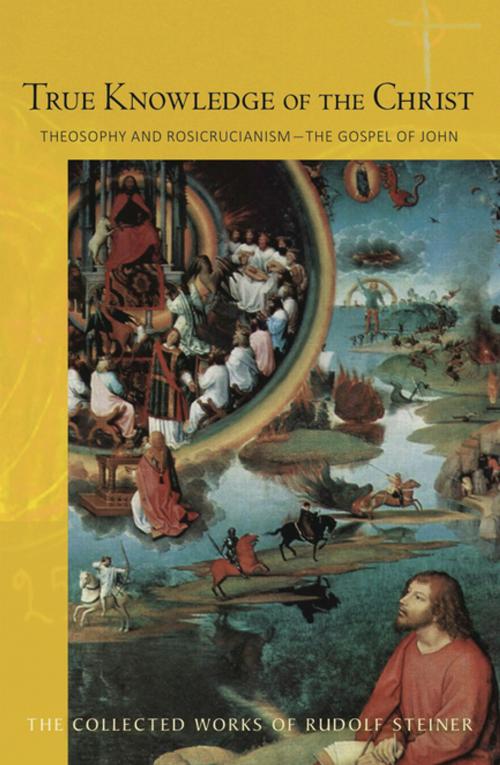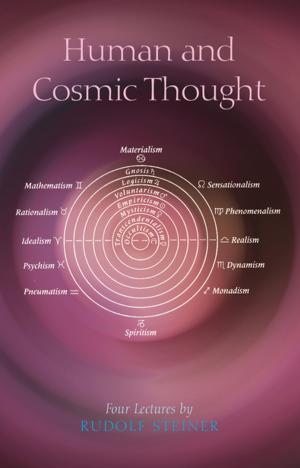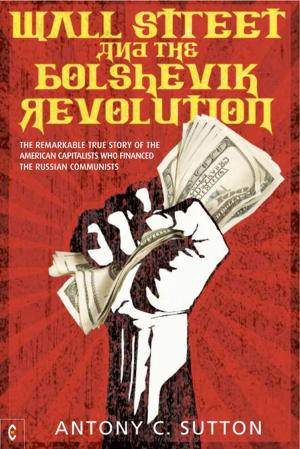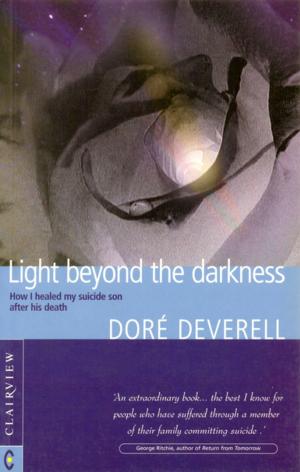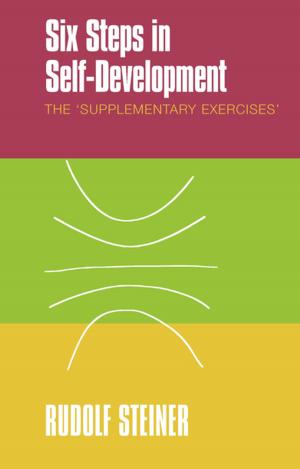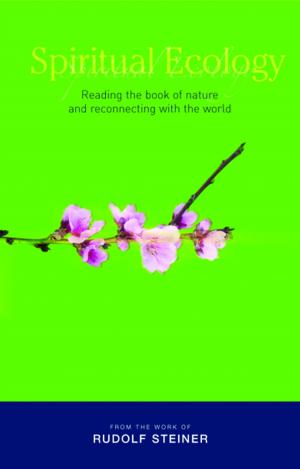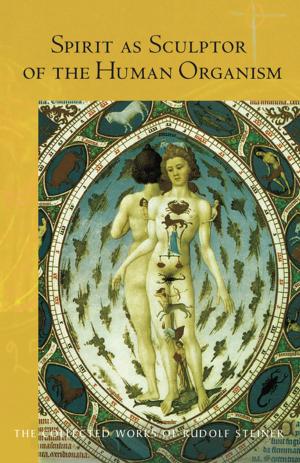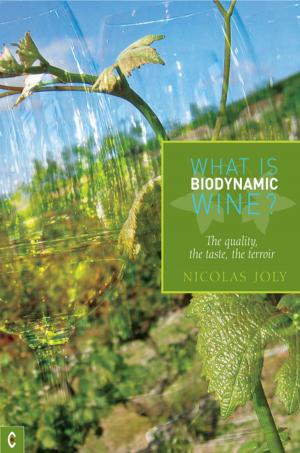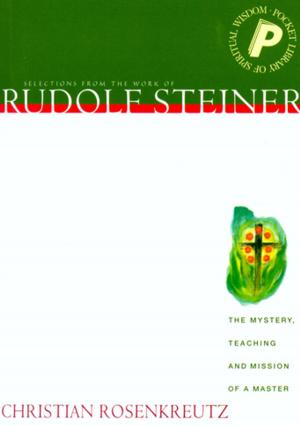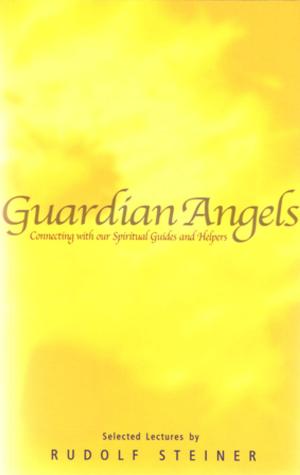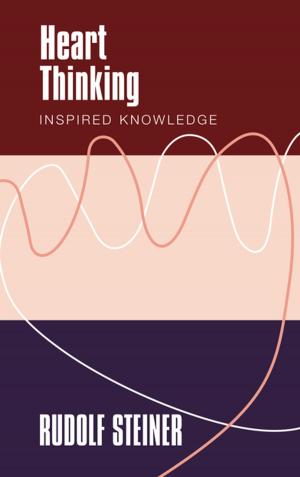True Knowledge of the Christ
Theosophy and Rosicrucianism - The Gospel of John
Nonfiction, Religion & Spirituality, Philosophy| Author: | Rudolf Steiner | ISBN: | 9781855844742 |
| Publisher: | Rudolf Steiner Press | Publication: | August 19, 2015 |
| Imprint: | Rudolf Steiner Press | Language: | English |
| Author: | Rudolf Steiner |
| ISBN: | 9781855844742 |
| Publisher: | Rudolf Steiner Press |
| Publication: | August 19, 2015 |
| Imprint: | Rudolf Steiner Press |
| Language: | English |
‘All existence is spirit. Just as ice is water, so matter is also spirit. Mineral, vegetable, animal or human – all are a condensed form of spirit.’ – Rudolf Steiner.
In the two lecture courses featured in this volume, Rudolf Steiner presents a radical new paradigm. Tackling the central dilemma of modern civilization – the polarisation of science and spirituality – he seeks to broaden natural science through a comprehensive spiritual science. Rather than harking back to old spiritual forms or religions, Steiner’s approach is based on a conscious and systematic intensification of thinking and perception.
Rudolf Steiner approaches this spiritual-scientific task from two perspectives. In Kassel, Germany, he deepens insight into theosophy and Rosicrucianism, showing their relationship to science and religion. Although presented as an ‘introduction’, Steiner was never interested in simply providing information – not even in the form of new revelations – and his insights are from fresh angles and with new illustrative examples. These lectures deepen and develop key elements found in his fundamental works Occult Science, An Outline and Theosophy. Also featured are the fascinating question-and-answer sessions from the Kassel lectures.
In Basel, Switzerland, Rudolf Steiner discusses that most esoteric of the accounts of the life of Christ: the Gospel of John. Whilst the focus is on the gospel, basic tenets of spiritual science, human existence and world evolution are considered, as is the concept of karma and the true nature of Christianity. In both sets of lectures Steiner dwells on the Prologue to the Gospel of John (given in his own translation), which offers a meditative approach to gaining insight into both the gospel and Christianity as a whole.
Rather than distancing us from life, each of the lectures in this volume brings us closer to reality. As Rudolf Steiner states: ‘Rosicrucian theosophy... does not make us into eccentrics, outsiders, but into friends of existence, for it doesn’t look down on everyday life, alienating us from our mission on earth; it brings us closer.’
‘All existence is spirit. Just as ice is water, so matter is also spirit. Mineral, vegetable, animal or human – all are a condensed form of spirit.’ – Rudolf Steiner.
In the two lecture courses featured in this volume, Rudolf Steiner presents a radical new paradigm. Tackling the central dilemma of modern civilization – the polarisation of science and spirituality – he seeks to broaden natural science through a comprehensive spiritual science. Rather than harking back to old spiritual forms or religions, Steiner’s approach is based on a conscious and systematic intensification of thinking and perception.
Rudolf Steiner approaches this spiritual-scientific task from two perspectives. In Kassel, Germany, he deepens insight into theosophy and Rosicrucianism, showing their relationship to science and religion. Although presented as an ‘introduction’, Steiner was never interested in simply providing information – not even in the form of new revelations – and his insights are from fresh angles and with new illustrative examples. These lectures deepen and develop key elements found in his fundamental works Occult Science, An Outline and Theosophy. Also featured are the fascinating question-and-answer sessions from the Kassel lectures.
In Basel, Switzerland, Rudolf Steiner discusses that most esoteric of the accounts of the life of Christ: the Gospel of John. Whilst the focus is on the gospel, basic tenets of spiritual science, human existence and world evolution are considered, as is the concept of karma and the true nature of Christianity. In both sets of lectures Steiner dwells on the Prologue to the Gospel of John (given in his own translation), which offers a meditative approach to gaining insight into both the gospel and Christianity as a whole.
Rather than distancing us from life, each of the lectures in this volume brings us closer to reality. As Rudolf Steiner states: ‘Rosicrucian theosophy... does not make us into eccentrics, outsiders, but into friends of existence, for it doesn’t look down on everyday life, alienating us from our mission on earth; it brings us closer.’
